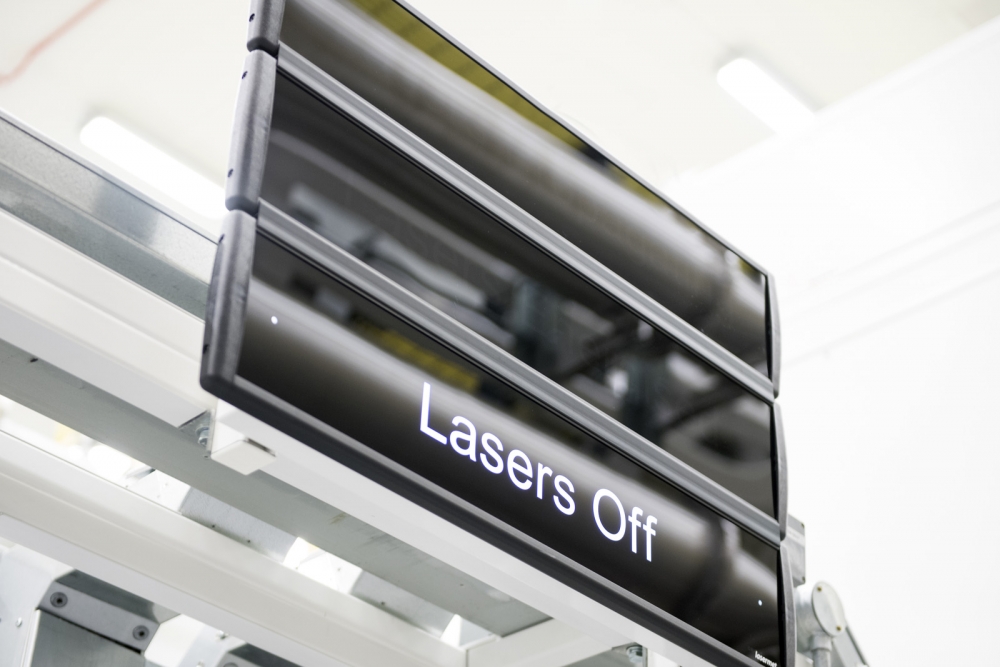Researching hydrodynamics
When materials are explosively compressed they undergo extreme conditions causing them to behave more like liquids, as you would see in a nuclear warhead.
The literal meaning of hydrodynamics is ‘water motion’ – the science of forces acting on or exerted by fluids.
Hydrodynamic experiments represent the most comprehensive test of our integrated capabilities and provide confidence in the safety and performance of the warheads. We have several world-class facilities dedicated to hydrodynamics research. We undertake two approaches to obtain hydrodynamic data:
- Firstly, complex integrated experiments are carried out on devices as closely resembling an actual warhead as practically possible;
- Secondly, simplified focussed experiments are carried out to gain a more fundamental understanding of individual aspects of hydrodynamics.
Any modifications to the UK’s nuclear deterrent (e.g. due to changes in the materials) or the development of potential new designs will typically have one or more hydrodynamic experiments, or ‘Hydrotrials’, to aid in their certification.
A significant number of the simplified experiments do not actually involve using explosives but instead make use of technologies such as shock tubes, gas guns and pulsed power to generate the shock regimes of interest.
Studying plasma physics
Plasma physics is an important field of study to support our understanding of the nuclear warhead.
Find out more